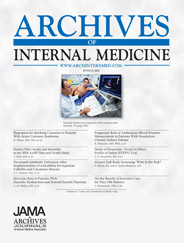 The New England Journal of Medicine has corrected three highly cited papers to credit researchers who played a role in the work.
The New England Journal of Medicine has corrected three highly cited papers to credit researchers who played a role in the work.
The papers describe a treatment in which engineered T cells fight leukemia, originally hailed as a “major advance” in the New York Times. Since the first paper appeared in 2011, co-author Carl June at the University of Pennsylvania has received more than $7 million in grants from the National Institutes of Health, according to MIT Technology Review. But according to a newly published correction, the three NEJM papers failed to note in the acknowledgement section that an important component of the experiments was supplied by researchers at St. Jude Children’s Research Hospital.
The correction, made 11 months after a request from co-author and Penn researcher David Porter, explains the contribution of the St Jude’s researchers:







